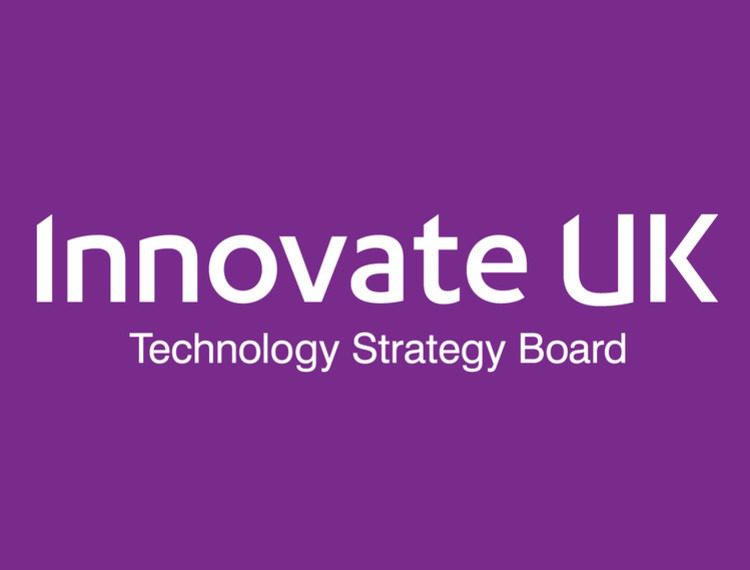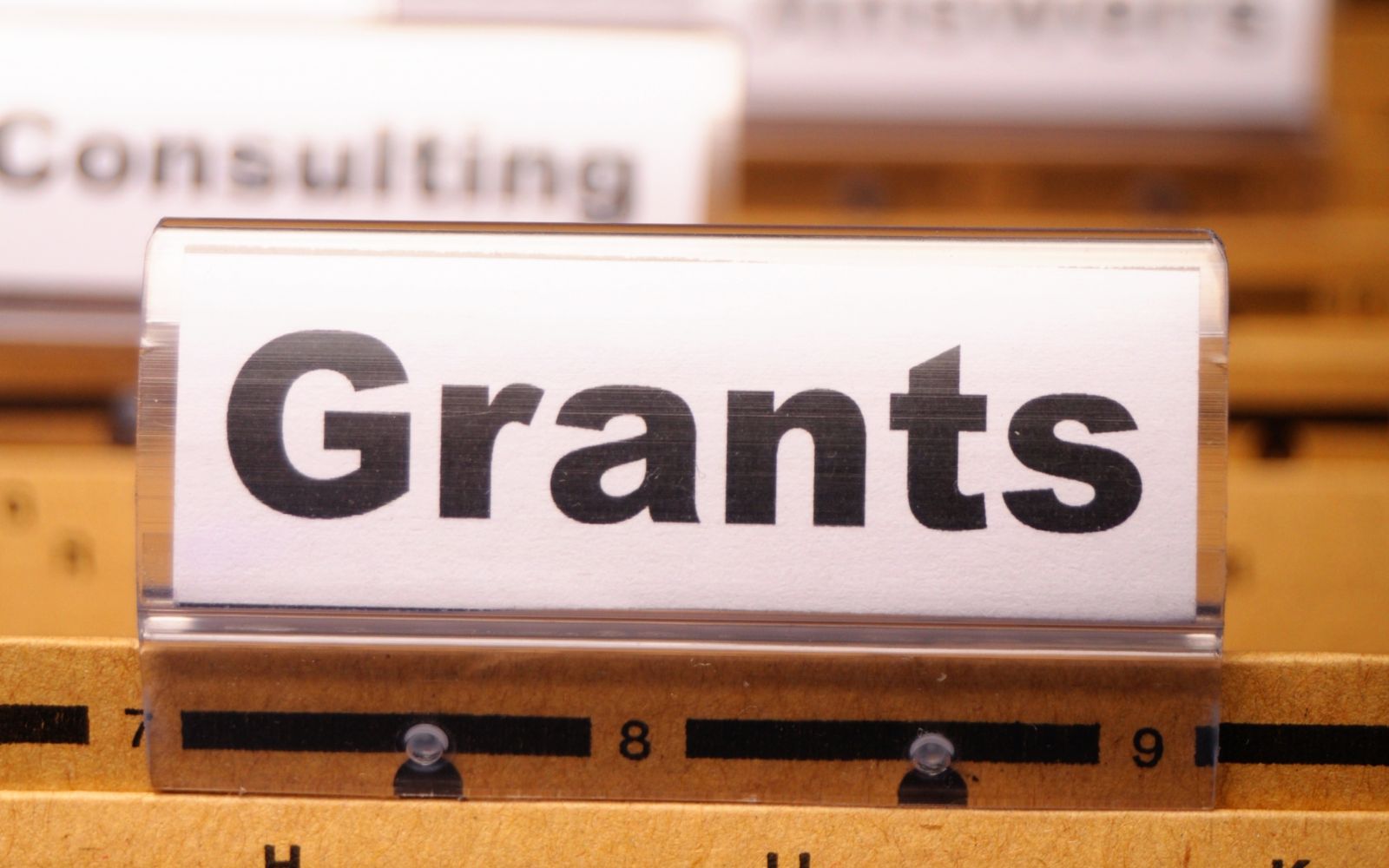New £200m Sustainable Innovation Fund: Applications Now Open

On Saturday 27 June 2020, the UK Government announced the Sustainable Innovation Fund: a boost worth £191m in the form of innovation grants and R&D procurement to be delivered through Innovate UK. Applications are open now.
This is part of the £750m in additional Innovate UK funding announced earlier this year among the many COVID-19 support measures. The aim of the Fund is to support businesses that come up with innovative, sustainable solutions to the challenges posed by the COVID-19 disruption.
In the words of the official announcement, these challenges include “developing new technologies focused on making homes and offices more energy efficient to cut bills, creating ground-breaking medical technologies to treat infections and diseases, or reducing the carbon footprint of public transport in our towns and cities” but also many more initiatives oriented towards environmental sustainability.
The funding will be delivered via Innovate UK through a series of competitions. Two of them – which constitute the first of several “rounds” or “phases” of funding. These are respectively:
- Round 1 of the the Sustainable Innovation Fund competition (Grants)
- Phase 1 of the the Sustainable Innovation Fund SBRI competition (Procurement)
The main difference between the two competitions is the type of funding provided.
In the regular competition, Innovate UK will invest via grants in business that are developing products or services which are instrumental in the recovery from COVID-19 and are focused on sustainability.
Meanwhile, in SBRI competitions, the Government basically purchases R&D work from businesses in the form of challenge-based research and development, as well as feasibility studies. This competition is also aimed at a sustainable recovery from the COVID-19 disruption. Winners of the competition get to keep the IP rights on their research, and will be able to commercially benefit from them.
Sustainable Innovation Fund Competition – Round 1
This competition is the first of three potential rounds aimed at investing in SMEs developing products or services that will play a role in the recovery of one or more UK business sectors from the COVID-19 disruption.
Within Round 1, funding will be provided under the Temporary Framework for State Aid, which has less strict requirements than the normal de minimis allowance.
Applications are open from 29 June 2020 and will close on 29 July 2020 at 11:00AM.
Innovate UK has allocated up to £55m in total funding within this competition, with each applicant allowed to claim up to £175,000.
Who is eligible
The competition is looking to support companies that are working towards sustainable solutions that would help their sector recover from the economic disruptions of the pandemic. This includes a wide range of sector and activities. Detailed eligibility criteria are outlined below.
Timeline
Projects must be ready to start on 1st October 2020.
They can have a duration between 3 and 9 months, and therefore must be completed by 1st July 2021.
Costs
The project’s eligible costs must be between £100,000 and £500,000.
State Aid
As the funding is provided under the Temporary Framework, the amount claimed must not exceed the £800,000 limit on cumulative state aid funding obtained by the recipient.
Also under State Aid regulations, the company cannot be considered an “undertaking in difficulty” as of 31 December 2019.
Scope
The scope of the competition includes project aimed at solving the challenges created as a direct consequence of COVID-19 in a clean and sustainable way. Where necessary, projects should also address equality, diversity and inclusion within the organisations.
Specific themes set out by Innovate UK include:
- decarbonisation, circular economy and/or biodiversity;
- climate change and environmental sustainability;
- geographic or regionally-targeted innovation;
- innovation that is aimed at commercial or residential users;
- innovations that work across more than one sector;
- follow-on international opportunities that help the UK lead the world.
Innovate UK said they will not fund projects that:
- are not related to an impact on a business due to Covid-19 disruption;
- have a negative impact on the environment and/or society;
- have a detrimental effect on equality, diversity and inclusion;
- would duplicate other UK Government activities or EU-funded initiatives already underway such as the testing or manufacture of vaccines and ventilators;
- do not involve any research and development or innovation, for example, the creation of information-only websites;
- are feasibility studies.
Other Requirements
In order to participate in the competition, lead applicants must be a UK registered business.
For collaborative projects, the lead organisations can invite other businesses, academic institutions, charities, public sector organisations or research and technology organisations, as long as at least one SME is involved.
The project work must be carried out in the UK, and the project must be suitable to respect the current COVID-19 restrictions.
Subcontractors from the UK or the EEA are allowed, as long as subcontractor costs don’t exceed 30% of the total project costs. Partnerships are allowed to include entities that do not receive any of the funding, like non-UK businesses, but their costs will count towards the total eligible project costs.
How to apply
Applications must be completed through the competition’s official website by 11:00 AM on Wednesday 29 July 2020.
Applications for this competition will be structured in three parts:
- Project Details
- Application Questions
- Finances
Project Details
While this section is not scored, it is useful to “set the scene” for the assessors, and must provide an outline of:
- Application Team – including all the organisations that will work on the project with the lead applicant;
- Application Details – including the project’s title, start date and duration;
- Research Category – the type of R&D that will be carried out;
- Project Summary – a brief description of your project, focused on what makes it innovative, up to 500 words long;
- Public Description – an outline of your project that you would like to see published, so don’t include any sensitive information, it can be up to 500 words long;
- Scope – an explanation of how the project fits into the competition, up to 500 words long.
Application Questions
This is the core section of the applications. It will be scored by the assessors and individual feedback on each of the questions will be provided, and the decision on whether to fund your project will depend mainly on these scores, together with the “Finances” section.
We recommend you read in full the How to Apply section on the competition’s page, as it contains a detailed guide on how to answer each questions. Below we reported the main questions against which each answer will be assessed.
- Equality, diversity and inclusion (not scored) – You must complete this EDI (Equality, Diversity & Inclusion) survey and type ‘EDI survey completed’ within your answer;
- Declarations (not scored) – Download the declaration provided, all partners must complete and sign their own declaration and the lead must upload as a single PDF to this question.
- Need or challenge – What is the challenge you are trying to solve, as a result of the COVID-19 pandemic?
- Your idea – What approach will you take and where will the focus of the innovation be?
- Team, resources and delivery – Who is in the project team, what are their roles, and how will you deliver the project?
- Market awareness – What does the market you are targeting look like?
- Outcomes and route to market – How are you going to stabilise and grow your business following COVID-19 and increase your productivity into the long term as a result of the project?
- Risks – What are the main risks for this project?
- Costs, added value and value for money – What impact would an injection of public funding have on the businesses involved?
Finances
Each organisation in your project must complete their own project costs, organisational details and funding details. Academic institutions will need to complete and upload a Je-S form. For full details on what costs you can claim please see our project costs guidance
Next steps
Participants will be update on the status of their application on 28 August 2020.
Successful projects are expected to start on 1 October.
Round 2 of this competition will potentially open in July, and will be delivered under de minimis state aid rule.
Conversely, Round 3, expected to open in August, will once again be delivered under the Temporary Framework.
Sustainable Innovation Fund SBRI Competition – Phase 1
The SBRI competition is aimed at funding R&D projects with a commercially viable idea to ‘build back better’ in the aftermath of the coronavirus pandemic. This involves creating a more sustainable economy while working towards the environmental projects of the Government, namely Clean Growth Strategy and net zero ambition.
The overall programme will be delivered in 2 phases, with phase 1 focusing on feasibility studies of proposals, and successful projects transitioning into phase 2, which will involve development and testing.
Who is eligible
Projects eligible for phase 1 should be oriented towards its stakeholders, and work closely with them – whether they are other businesses or the public – to explore the feasibility of a solution.
As outlined in the competition’s Scope, this must be innovative, practical and deliverable. The final prototype developed by the end of phase two needs to prove a viable path to help businesses and/or the UK public sector recover from the pandemic, while also acting as a showcase to deliver net zero. Affordability of the solution must also be taken into account.
Timeline
Projects must start on 1 October 2020 and can last up to 3 months, meaning they need to be completed by 31 December 2020.
Costs
Each R&D project is expected to be priced up to £60,000 including VAT for its whole duration up to 3 months.
State Aid
Since SBRI projects award funding in the form of R&D procurement at a fair market value, they are not subject to state aid rules.
Scope
As this competition involves the Government effectively buying R&D from companies in the private sector, Innovate UK’s requirements in terms of project scope are quite specific.
All applications must:
- demonstrate a clear plan for commercialisation and a route to market for affordable, developed solutions;
- set out clearly how solutions might be tested in a representative or real world setting as part of phase 2;
- address how any potentially negative outcomes (such as on the environment or society) would be managed;
- explain how a positive impact on climate change and/or environmental sustainability will be achieved, maintained and measured;
- work throughout with at least one potential future customer who might use your solution when it comes to market.
Eligible projects must address one or more of the following specific themes:
- decarbonising energy, business and industry;
- improving business and industry efficiency;
- improving the energy efficiency, heating and cooling of our homes and other buildings;
- accelerating the shift to low carbon transport;
- enhancing the benefits and value of our natural resources;
- innovating for a more sustainable public sector;
- climate change adaptation and mitigation.
Funding will not be awarded to projects that:
- do not engage with potential future customers to understand needs;
- cannot be undertaken within the working restrictions of coronavirus (COVID 19);
- do not address how any potentially negative outcomes (such as on the environment or society) would be managed;
- do not evidence the potential for their proposed innovation to generate positive and sustainable economic and/or societal impact;
- would directly duplicate other UK government or EU funded initiatives you have already been funded to deliver;
- duplicates existing innovation, or work in progress by others.
Other Requirements
Applicants can be organisations of any size, including academic and not-for-profit institutions, as long as a route to market is demonstrated.
While the contracts will be awarded to individual organisations, it is possible to sub-contract specific tasks.
Applications must have at least 50% of the contract value attributed to R&D services, including exploration and design. This does include prototyping and testing, but not quantity production, commercial supply or improvement to existing services.
How to apply
Applications must be completed through the competition’s official website by 11:00 AM on Wednesday 5 August 2020.
Like the main Sustainable Innovation Fund competition, this application is structured along three sections:
- Project Details
- Application Questions
- Finances
Project details
These sections are not scored.
- Application Details – including your project’s title, start date and duration;
- Your Dackground – including how you found out about the competition, the area of focus and the year of establishment of your organisation, can be up to 80 words long;
- Project Summary – a brief description of your project that focuses on what makes it innovative and sustainable and how it fits within the scope of the competition (choose ONE of the specific themes from the competition’s Scope section). You should also include details of all participating organisations. This section can be up to 800 words.
- Public Description – a summary up to 400 words long that describes your project and that you would like to see published if your application is successful.
Application questions
This is the core section of your application. All answers except the first two will be score, and each answer can be up to 400 words. You cannot include any website links within your answers.
Feedback will be provided on each of the answers, and although answers to the first two questions will not be scored, projects outside of the scope of the competition will be immediately rejected and not assessed.
We recommend you read in full the How to Apply section on the competition’s page, as it contains a detailed guide on how to answer each questions. Below we reported the main questions against which each answer will be assessed.
- Equality, diversity and inclusion (not scored) – You must complete this EDI (Equality, Diversity & Inclusion) survey and type ‘EDI survey completed’ within your answer;
- Scope (not scored) – Describe how your project fits the scope of the competition.
- Proposed idea or technology – How well does the proposed challenge and solution meet the outcomes described in the competition scope? You can attach a 2-pages-long PDF appendix.
- Customer engagement – How far is effective engagement with appropriate potential future customers evidenced?
- Technical project summary – How valid is the technical approach?
- Current state of the art & IP – How innovative is this project? How much does the project develop or employ novel concepts, approaches, methodologies, tools or technologies for this area?
- Project plan & methodology – Does the proposal show a clear plan for establishing technical and commercial feasibility? Are the proposed project management processes appropriate? Is there a clear management plan? Will the main technical, commercial and environmental risks to project success be effectively managed? You must upload a project plan or Gantt chart as an appendix in PDF format no larger than 10MB and up to 2 A4 pages long.
- Milestones – Are the milestones clear and appropriate to ensure the successful delivery of the project? Download and complete the milestone template and set out your objectives according to SMART criteria.
- Technical team & expertise – Does the applicant have the skills, capabilities and experience to deliver the intended benefits?
- Costs and value for money – How much will the project cost for phase 1? How does it represent value for money for the team and the taxpayer? You should also set out your potential costs for phase 2, the progression to which depends on your success in phase 1.
- Commercial potential – Is there a clear commercial potential for a marketable product, process or service and a clear plan to deliver that and a clear route to market? How significant is the competitive advantage of this technology over existing technologies that meet the market’s needs?
Finances
Include the project’s costs, as well as details of the organisation’s funding.
Check Innovate UK’s project cost’s guidance for reference.
Next steps
Participants will be notified of the outcome of their applications on 4 September 2020.
Projects will start on 1 October and end by 31 December at the latest.
Solutions deemed successful and viable will then be able to access funding for phase 2, which mainly consists in the development of a prototype.
In phase 2, a total of up to £70m including VAT will be allocated to successful projects, distributed as up to £3m each. Phase 2 projects are expected to take up to 12 months, and may be required to demonstrate progress as part of a showcase at the UN climate change conference COP26 in November 2021.
After completion of the contract, successful businesses will be expected to pursue commercialisation of their solution.
The information available on this page is of a general nature and is not intended to provide specific advice to any individuals or entities. We work hard to ensure this information is accurate at the time of publishing, although there is no guarantee that such information is accurate at the time you read this. We recommend individuals and companies seek professional advice on their circumstances and matters.




